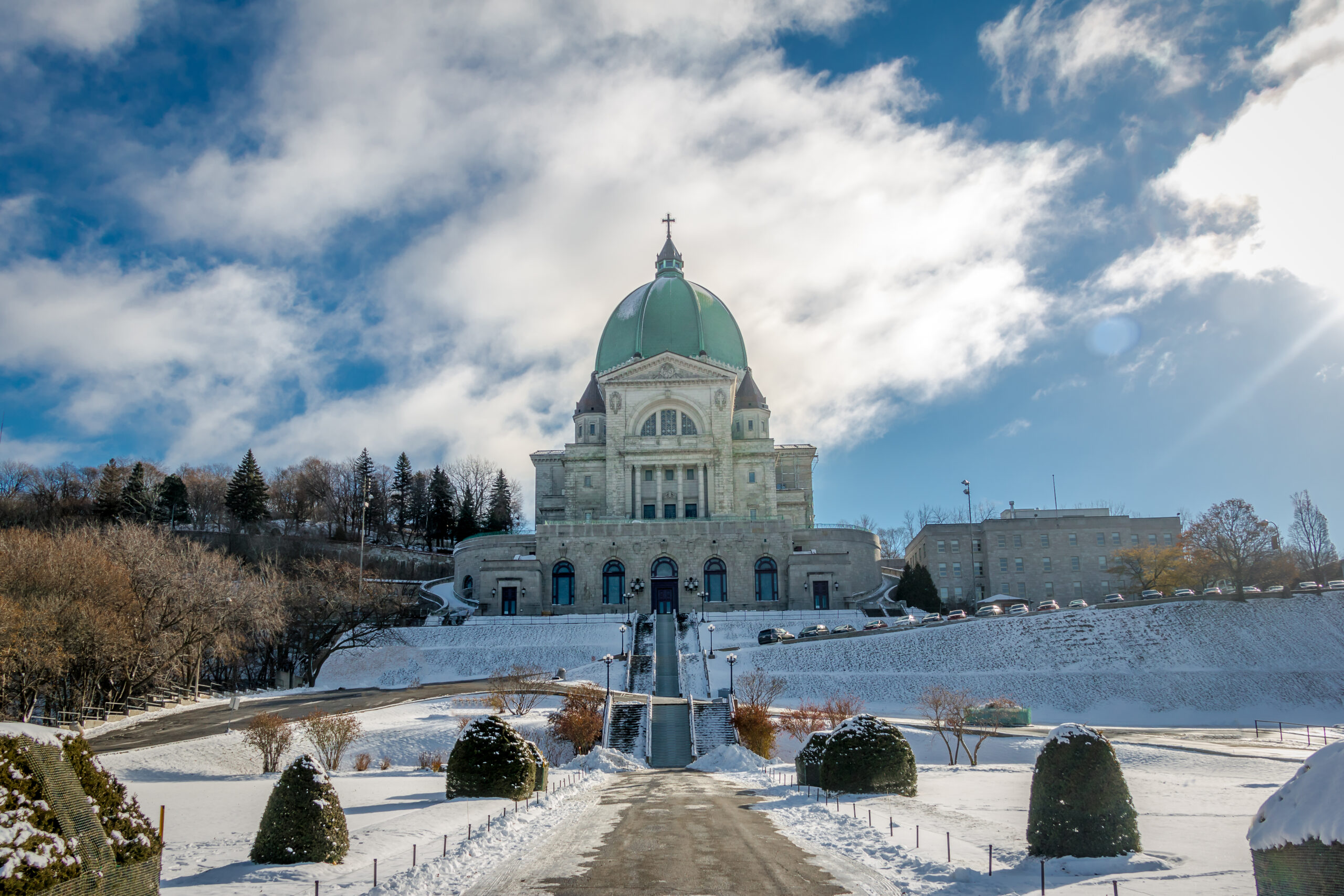Canada’s Regions
With 10 million square kilometers, Canada is the second-largest country on the planet. The Pacific Ocean to the west, the Atlantic Ocean to the east, and the Arctic Ocean to the north all border Canada. The line between Canada and the United States runs along Canada’s southern border. A safe, secure, and productive frontier is a shared goal of Canada and the United States.
The Regions of Canada includes many different geographical areas and five distinct regions.
- The Atlantic Provinces
- Central Canada
- The Prairie Provinces
- The West Coast
- The Northern Territories
The Atlantic Provinces
Canada’s Atlantic Provinces are renowned for their diverse cultures, abundant natural riches, and long history. The Bay of Fundy is home to some of the greatest tides in the world, and the area is mostly controlled by the fishing, agricultural, forestry, and mining industries.
The easternmost point of North America, Newfoundland and Labrador, is a province with a strong marine history that is distinguished by coastal fishing settlements and a distinctive culture. The province’s economy depends heavily on hydroelectric resources and offshore oil and gas extraction.
The smallest province in Canada, Prince Edward Island, is well-known for its beautiful beaches, red soil, and agriculture, particularly potato growing. The island is connected to Canada’s mainland by the Confederation Bridge, one of the world’s longest continuous multispan bridges. P.E.I. is the setting for the well-known book “Anne of Green Gables.”
The most populated province in the Atlantic, Nova Scotia, has a long history of serving as the entryway to Canada. The province is known for its shipbuilding, fishing, and shipping industries, and Halifax, Canada’s main east coast port, serves as a major navy station. In addition to its heritage in forestry, agriculture, and coal mining, Nova Scotia has a significant off-shore oil and gas business today. The colourful culture and festivals of the province are a reflection of its Celtic and Gaelic heritage.
The United Empire Loyalists established New Brunswick in the Appalachian Mountains. It has a diverse economy focused on forestry, agriculture, fishery, mining, food processing, and tourism. The country’s major city and manufacturing hub is Saint John, while the main Francophone Acadian hub is Moncton, and the old capital is Fredericton. The only constitutionally bilingual province is New Brunswick, which honours its pioneering Loyalist and French cultural heritage and history through street festivals and folk music.
The Impact of Religion on Canada’s Economy
Religion plays a significant role in shaping Canada’s economy, with religious organizations and institutions contributing to the country’s economic growth and development. The following are some ways in which religion impacts Canada’s economy:
Charitable Contributions
Religious organizations in Canada are among the most significant contributors to charitable causes, donating billions of dollars every year. Religious organizations also provide a vast array of social services, such as healthcare, education, and social assistance.
Religious Tourism
Canada’s diverse religious landscape attracts millions of tourists every year. Religious sites such as the Notre Dame Basilica in Montreal, the Sainte-Anne-de-Beaupré Shrine, and the Shri Swaminarayan Mandir in Toronto are popular destinations for tourists, generating significant revenue for the country’s tourism industry.
Religious Education
Religious schools and universities also contribute to Canada’s economy by providing education and employment opportunities. These institutions provide high-quality education and attract students from all over the world, contributing to the country’s reputation as a hub for education.
The Relationship between Religion and Economic Growth
The relationship between religion and economic growth is complex and multifaceted. While some argue that religion promotes economic growth by fostering a strong work ethic and promoting social and cultural values that are conducive to economic development, others argue that religion can be a hindrance to economic growth, particularly in cases where religious institutions are resistant to change and innovation.
